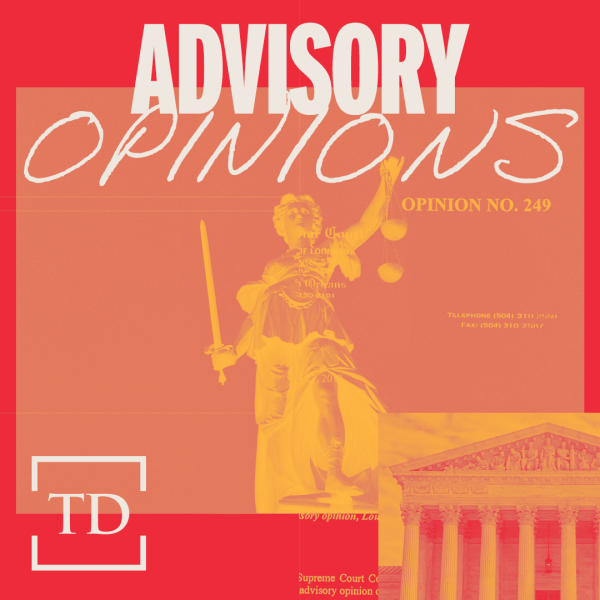“If you’re not vaccinated, you’re not nearly as smart as I thought you were,” President Biden told reporters in late July at the Office of the Director of National Intelligence, and of course he was right. It’s not impossible that every dose of the vaccine contains an invisible microchip placed there by Bill Gates that, on being activated by a Jewish space laser operated by a cabal of pedophiles working out of a pizza parlor in Washington, D.C., will track your every move, but the probability is low.
Curiously, though, a more understanding remark was made by former President Trump just days before, when he told supporters in Arizona that “I recommend you take [the vaccine], but I believe in your freedoms 100 percent.” For there is an entire scientific literature on how infectious diseases promote authoritarianism.
The field was launched in 2008 by a group of scholars from the Universities of New Mexico and British Columbia who noted that, across the globe, the greater the incidence of infectious diseases (including malaria, dengue, leprosy, typhus and tuberculosis), the more collectivist was the culture. And collectivist meant authoritarian, intolerant of dissent, intolerant of women’s rights, supportive of strong government, supportive of nepotism, a dislike of strangers, intolerant of innovation, and a belief in religion.
In contrast, those parts of the globe that were relatively free of infectious diseases tended to be individualistic in their culture. And individualistic meant democratic, liberal (in the classical sense of the word), freedom-loving, supportive of women’s rights, openness to strangers, and an openness to new ideas. The story is outlined in the 2014 book The Parasite-Stress Theory of Values and Sociality by Randy Thornhill and Corey Fincher.
The problem with the theory is causality: How do we know that authoritarianism, being seemingly maladjusted, is not the cause of the parasites? Perhaps rigid societies breed disease? Sadly, though, the eruption of COVID-19 has confirmed the direction of causation, because authoritarian measures have been imposed nearly everywhere in response to the virus.
No one could describe Australia and New Zealand as rigid societies, but the closure of their borders to almost all travel and stringent national lockdowns in response to even isolated COVID cases show how quickly authoritarian measures can become normal. Equally, President Biden has announced that 2 million-plus federal employees must show proof they have received a coronavirus vaccine or they will be subjected to regular testing, stringent social distancing, masking, and travel restrictions. Pretty coercive.
Which, as Thornhill and Fincher explain in their book, explains why infectious diseases promote authoritarianism, because societies will avoid disease only if they are highly disciplined: It requires only one person to defecate upstream to infect a whole village, so everybody must obey all the rules at all times. Once, therefore, a community, however primitive, has determined by trial-and-error how best to survive an infectious disease-rich environment, deviation from the rules must be dangerous. So, no experimentation! And no innovation! And those values are to be internalized, both by individuals and within the culture. Which, within a generation or two, they are.
Joel Kotkin and Hugo Kruger recently collated some of the unhappy developments globally. Consider lockdown. In South Africa it is now a criminal offense to resist it, while in Angola, Kenya, and Uganda people have been shot for such resistance. In Brazil, Jair Bolsonaro has threatening to use the military to enforce lockdown, and Andres Obrador in Mexico has changed the constitution to allow the military to do just that.
Iran’s leadership has promoted a conspiracy theory that the Americans have bred a special variant of the virus to attack Iranians preferentially, while in Turkey, Recep Erdogan has censored COVID-19 news reports. And in Tunisia, the president has staged a coup on the grounds he could manage the virus better than could the democratically elected government.
Vaccine denial has emerged in the U.S., and unsurprisingly it tracks with other phenomena related to strong individualism including climate change denial and resisting gun control. And of course, President Biden is right: Vaccine-denial is not smart. And yet after a year and half of lockdowns and mandates and other curtailed freedoms, it’s also not entirely surprising.
Terence Kealey is an adjunct scholar at the Cato Institute and a professor of clinical biochemistry at the University of Buckingham in the United Kingdom.







Please note that we at The Dispatch hold ourselves, our work, and our commenters to a higher standard than other places on the internet. We welcome comments that foster genuine debate or discussion—including comments critical of us or our work—but responses that include ad hominem attacks on fellow Dispatch members or are intended to stoke fear and anger may be moderated.
With your membership, you only have the ability to comment on The Morning Dispatch articles. Consider upgrading to join the conversation everywhere.